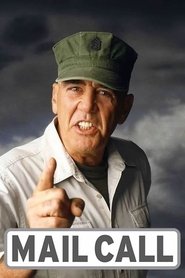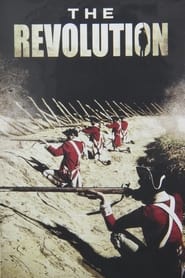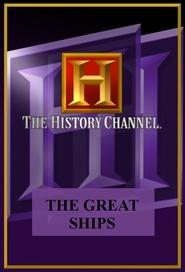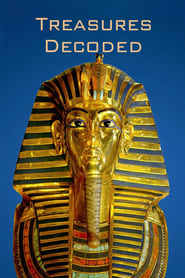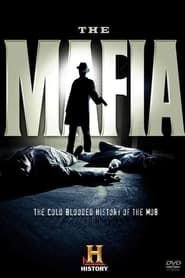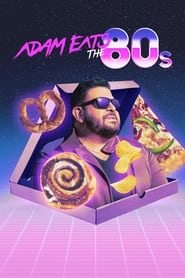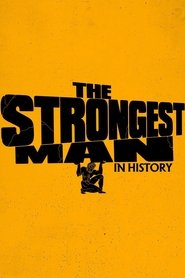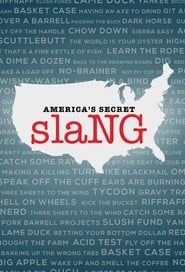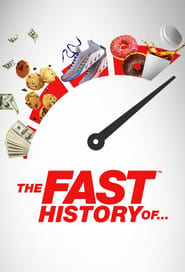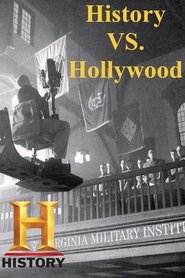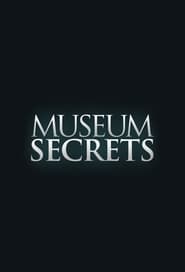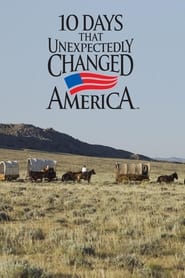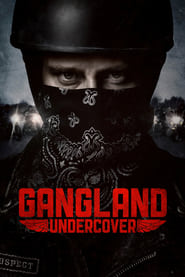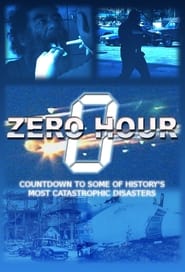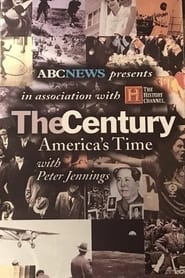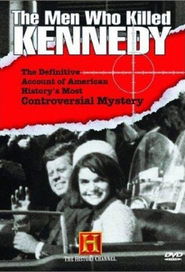History TV Series - Page 6
-
Mail Call
2002
star 6.7Mail Call was a television program that appeared on the History Channel and hosted by R. Lee Ermey, a retired United States Marine Corps Staff Sergeant,. The show debuted on August 4, 2002 as part of the 'Fighting Fridays' lineup. Most episodes were 30 minutes, but from 2007 through the show's end in 2009 some episodes were 60 minutes. During each episode, Ermey read and answered questions submitted by viewers regarding weapons and equipment used by all branches of the U.S. military now or in the past, as well as by other armed forces in history. Ermey often took his viewers on location to military training areas to film demonstrations. When not on location, Ermey broadcast from a set resembling a military outpost, including a tent, a Jeep, and various other pieces of military gear which changed throughout the series. At times, he would also have a bulldog - usually symbolic of Marines, especially drill instructors - on his show as well. Comic relief was provided as Ermey inflicted DI-style verbal abuse on his vi -
The Revolution
2007
star 9.7The American Revolution is a 2006 miniseries from The History Channel composed of thirteen episodes which track the American Revolution from the Boston Massacre through the Treaty of Paris, which declared America's independence from Great Britain. The series is narrated by Edward Herrmann. -
The Great Ships
1996
star 7From ancient ships to modern carriers, THE GREAT SHIPS lets you step on board to explore the design, construction, technology and armaments of history's great vessels of war and peace. -
Tactical to Practical
2003
Tactical to Practical is a short-lived History Channel program that ran from 2003 to 2005. Each episode documents ways in which technologies utilized by the civilian public were originally developed to serve military purposes. The show is hosted by Hunter Ellis. -
The Mafia: Empire of Crime
1993
Dive deep into the dark heart of the mob with this definitive 4-disc set from HISTORY. A sweeping saga of bloodshed, betrayal and big business, The Mafia offers a cold-blooded examination of organized crime in the 20th century, from prohibition to WWII and the Cold War, to JFK s presidency and John Gotti. Get the real story behind the Kennedy connection, see how organized crime infiltrated organized labor, learn how the Mob helped win WWII, and trace the exploits of legendary figures through rare photos, footage and period accounts. From bootlegging to racketeering to murder, from Al Capone and Lucky Luciano to Benjamin Bugsy Siegel, this comprehensive collector s set is a groundbreaking investigation into the origins of the ethnic gangs that turned criminal activities into family enterprises, and a detailed look at some of the mob s most notorious members. -
Conquest
2002
Conquest
2002
Conquest is a TV show on the History Channel hosted by Peter Woodward. In each 30 minute episode, Woodward teaches his small group of assistants a particular type of weapon, or a set of weapons from a particular time period, while demonstrating their function, describing their comparative advantages and disadvantages, and discussing their history. Episodes have ranged widely across history, from "Stone-Age Weapons" to "Air Combat" and even including "Unarmed Combat". As examples of the broad spectrum, Roman weapons and tactics, SWAT tactics and ninjutsu have all featured. -
Adam Eats the 80s
2022
star 7Adam Richman hits the road on a quest to relive his favourite decade, one delicious bite at a time. -
The Strongest Man in History
2019
star 5.3After years of competing as rivals, four of the world's strongest men travel the world investigating strongman legends and taking on epic feats of strength in a quest to prove who really is the Strongest Man in History. -
America's Secret Slang
2013
Host Zach Selwyn hits the streets to ask everyday people what they know about the origins and meaning of American slang, and then he reveals the true etymology and hidden history of common phrases and words that are unique to the United States. In each 30-minute episode, Selwyn focuses on a specific period in American history, revealing words that originated during that era or had significance for the geographic region. -
The Fast History Of...
2022
star 7.5“The Fast History Of..." is a super-charged romp through the histories of anything from iconic brands to enthralling topics. -
Expedition Africa
2009
Expedition Africa
2009
The program follows four modern day explorers—a navigator, a wildlife expert, a survivalist, and a journalist—as they substantially retrace H.M. Stanley's famed expedition to find Dr. David Livingstone. Their route deviates somewhat from Stanley's in that it includes a treacherous crossing of the Uluguru Mountains, which Stanley circumvented. -
History vs. Hollywood
2001
star 7.7History vs. Hollywood is a television show on the History Channel in the United States. On the show, experts are interviewed on the historical accuracy of a film that is based on a historical event. For example the movie The Last Samurai was featured in one episode in which military historian Geoffrey Wawro, professor of history at the University of North Texas, and director of the university's Barsanti center for military-history, compared the movie with the actual events. On the show the expert guests discuss the factual accuracy of the film as well as the everyday objects that a person of the particular time period would have seen. In some episodes an expert or the host will go on a journey to the actual historical sites depicted in the film, or interview someone who witnessed the event firsthand. In each of the more than dozen episodes both expert guests and filmmakers will discuss the historical accuracy of the film dramatized. The series was first released in 1999, and had been produced on a semi-regular bas -
Museum Secrets
2011
star 5Museum Secrets is a TV series on History Television in Canada and a website with videos and games -
10 Days That Unexpectedly Changed America
2006
star 210 Days That Unexpectedly Changed America is a ten-hour, ten-part television miniseries that aired on the History Channel from April 9 through April 14, 2006. The material was later adapted and published as a book by the same title. -
Gangland Undercover
2015
star 7.6This drama series is a fictionalized retelling of the story of meth dealer-turned-ATF informant Charles Falco, who spent three years inside one of America's most dangerous motorcycle gangs, the Vagos. Although Falco originally took on the assignment to avoid spending 20 years in prison on drug charges, it eventually evolved into a quest for justice for him. “Gangland Undercover” documents the lives of outlaw bikers, who live in a world in which respect is earned through fear. The series is based on Falco's memoir, “Vagos, Mongols, and Outlaws,” and documented historical research of gang rivalries. -
Zero Hour
2004
star 7.3Zero Hour dramatizes the hour leading up to some of the most memorable historical events as they unfold minute by minute. Using a real-time clock and a split screen to follow key players, the series reveals the compelling and exciting minutes leading up to events that changed the world. -
The Century: America's Time
1999
star 8The Century: America's Time is a 15-part series of documentaries produced by the American Broadcasting Company on the 20th century and the rise of the United States as a superpower. The documentary originally aired on The History Channel in 1999. Another earlier series, simply called "The Century" also produced by ABC, appeared on the ABC network in 1999, and also later appeared on the History Channel. It consists of six two-hour shows with each chronicling two different events based around a common theme. -
The Men Who Killed Kennedy
1988
star 7.4The Men Who Killed Kennedy is a nine-part United Kingdom ITV video documentary series by Nigel Turner about the John F. Kennedy assassination.
